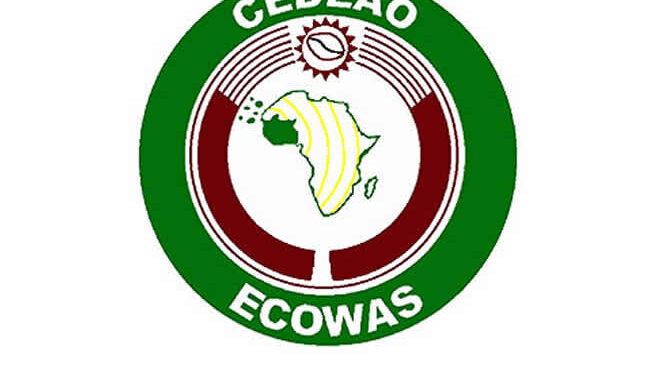The Economic Community of West African States (ECOWAS) Parliament is ramping up its diplomatic initiatives to prevent the possible withdrawal of Niger, Mali, and Burkina Faso from the regional organization. The Deputy Speaker of the House of Representatives, Benjamin Kalu, confirmed that diplomatic channels are being utilized to engage with these nations, emphasizing the critical importance of maintaining unity within ECOWAS.
In an interview on Saturday, August 17, 2024, in Abidjan, Ivory Coast, where he was attending a meeting of the parliament’s Joint Committee on Administration, Finance, Budget, Public Accounts, Macroeconomic Policy, and Economic Research, Kalu provided insights into the ongoing diplomatic efforts. He revealed that letters have already been sent to the governments of the three countries, and parliamentary representatives are preparing to visit them in an effort to encourage their reintegration into the regional body.
“There are already mechanisms in place, through what is called parliamentary diplomacy, to reach out to them. Letters have been sent to them, and very soon, some of us will start visiting those countries to engage the heads of government,” Kalu stated. He expressed optimism that through dialogue, the concerns of these nations could be addressed, paving the way for their return to the ECOWAS fold.
Despite the current challenges, Kalu reassured that even if the countries proceed with their exits, ECOWAS’s financial stability would not be jeopardized. He highlighted the diverse revenue streams available to the organization, including the Community Levy and contributions from various development agencies.
In parallel with these diplomatic efforts, the ECOWAS Parliament is also advocating for significant reforms to strengthen the legislative body’s independence. Kalu, who also leads the House of Representatives Constitutional Review Committee, underscored the need to update the laws governing ECOWAS to better reflect the evolving political landscape. The proposed amendments aim to enhance the separation of powers and boost the institution’s credibility on the global stage.
Since the military juntas in Mali, Burkina Faso, and Niger announced their intention to withdraw from ECOWAS on January 28, 2024, the regional body has been striving to negotiate their return. Efforts have included offers of sanctions relief and invitations to technical meetings, but so far, these have been met with silence from the concerned nations.
























